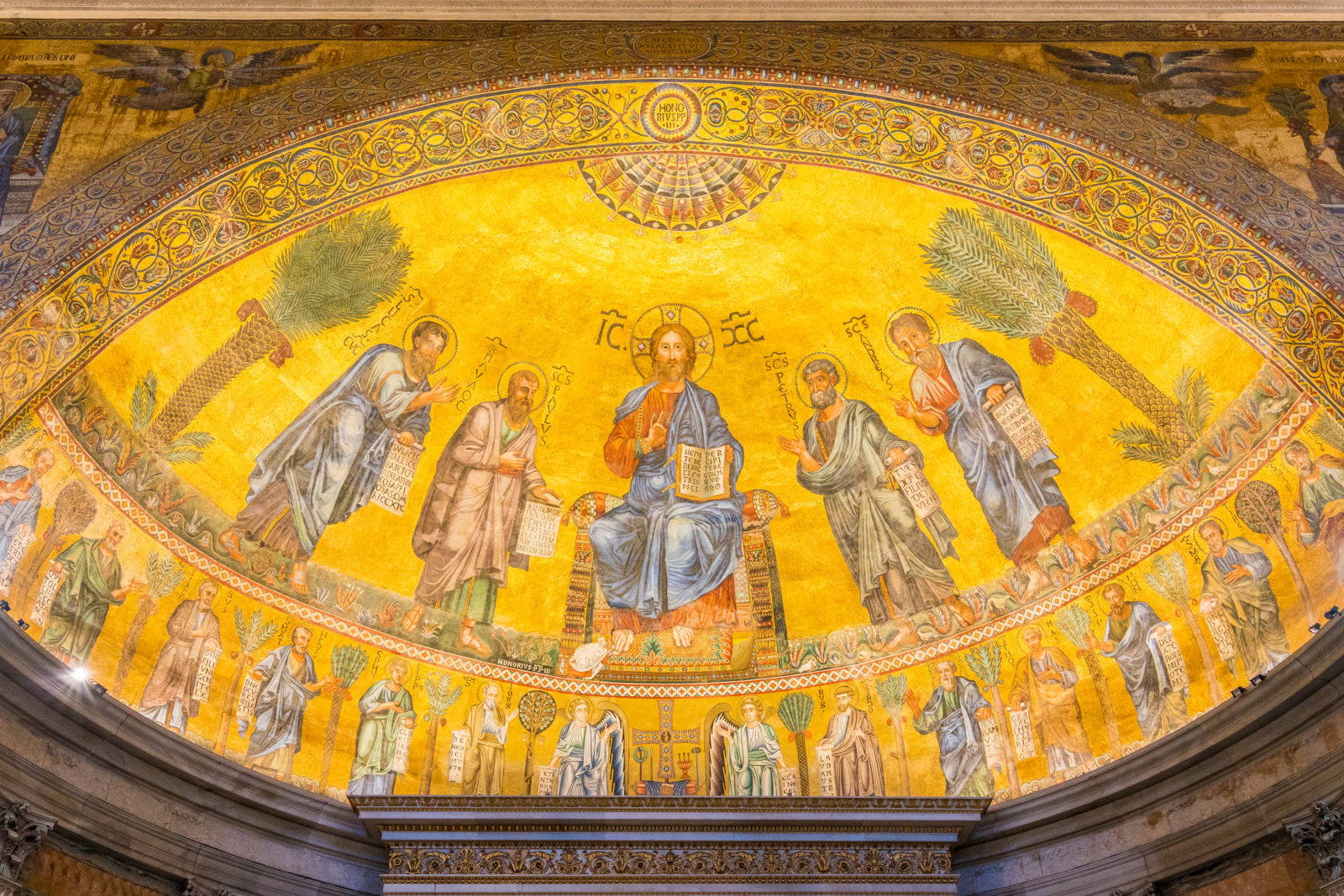In my notes from the 1990s are two well-intentioned church bulletin announcements: “Thursday night: Dinner for the homeless. Medication to follow,” and “Don’t let homelessness kill you…let the church help.”
Sardonic humor aside, church groups have often provided the best help for the homeless over the centuries—not because their members are better than others, but because the God they worship tells them to help. That directive sharply contrasted with typical practice in Rome nearly 2,000 years ago. Then, the primary goal for many rich Romans was to practice liberalitas, hospitality not to the poor but to those at their social and economic level or above, so they would return the favor.
Why care for a poor person, or a slave? Theologian/historian Gerhard Uhlhorn stated a logical question: “Why should I deprive myself of anything in order to give it to him?” But the growing number of Christians and Jews in the Roman Empire acted differently as they acknowledged God’s sovereignty: “The rich gave what he gave to God, and the poor received what he received from God.” (Christian Charity in the Ancient Church, 1883).
Uhlhorn said Christian influence diminished self-exaltation among the wealthy. Sinful pride undoubtedly remained, but Clement, Rome’s bishop from 88 to 99 A.D., summarized a change that occurred whenever people took to heart biblical teaching: “The rich give to the poor, the poor praises God, for sending to him someone by whom his wants are supplied.”
Offering help that doesn’t hurt was as important then as it is now. The Didache of the Twelve Apostles, a brief treatise at the end of the first century A.D., taught that if a person far from home or without a home shows up, “assist him as far as you are able. He shall not remain with you more than two or three days, if need be—but if he wants to stay with you, and is an artisan, let him work and eat. If he has no trade, see to it that, as a Christian, he shall not live with you idle. Anyone who will not work is a Christemporos — one who makes a gain out of the name of Christ. Keep away from such. “
Clement emphasized simplicity and sustainability rather than personal adornment and bursts of extravagant giving for statues and stadia: “On your feet should glitter untiring zeal in well-doing, and walking in the ways of righteousness.” Historian Uhlmann wrote, “The Christian family was distinguished from the heathen by the great simplicity which prevailed in furniture, in domestics, in eating and drinking.” A drachma saved was a drachma that could help a homeless person likely to receive little assistance as the imperial wealthy “sank into an immoderate voluptuousness.”
This did not mean a refusal to enjoy the good things God provides. Tertullian (155-220) said, “We are no Brahmans or Indian gymnosophists, no wild men of the woods and separatists from life. We are mindful of the gratitude which we owe to the Lord our God, and do not despise the enjoyment of His works. We only so moderate it as to avoid excess and abuse.”
Christian leaders for several centuries throughout the Roman Empire taught the importance of discernment. Bishop Basil (330-387) in what is now Turkey said ‘he who gives to a vagabond. . . gives it to men who deserve contempt for their audacity, rather than pity for their poverty.” Bishop Ambrose of Milan (339-397) emphasized the need “to take care lest the portion that belongs to the needy becomes the prey of rogues.”
For homeless folks unsure about whether they wanted a hand up or a handout, it was the best of times, it was the worst of times. Uhlhorn: “At no time has the Church more strongly insisted on the duty of assisting the poor in love, but at no time also has she more decidedly pronounced that all is love and to be done with justice. Never has she more highly reverenced the poor, more kindly and lovingly treated them; never also has she been farther from fostering beggary, and making their life easy to idlers.”
Gradually, though, gnostic ideas about homelessness crept into churches. Some Christians contended that having possessions, maybe even owning a house, was evil. We’ll see next week how this changed ideas about homelessness.

